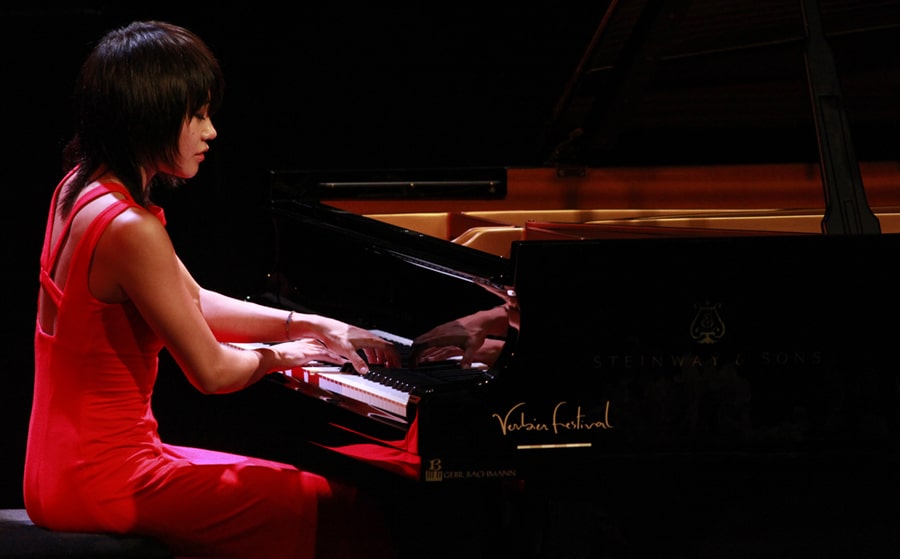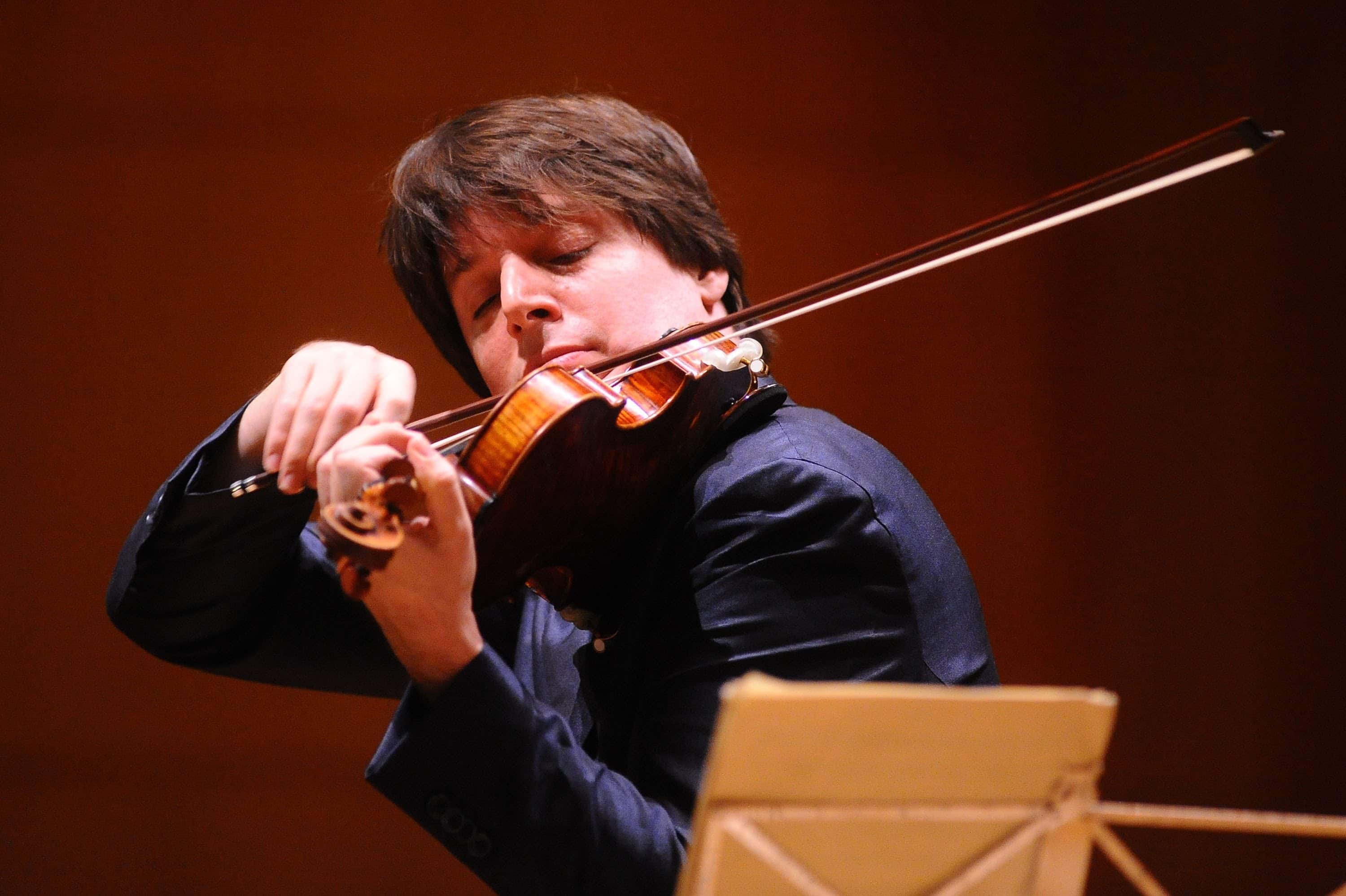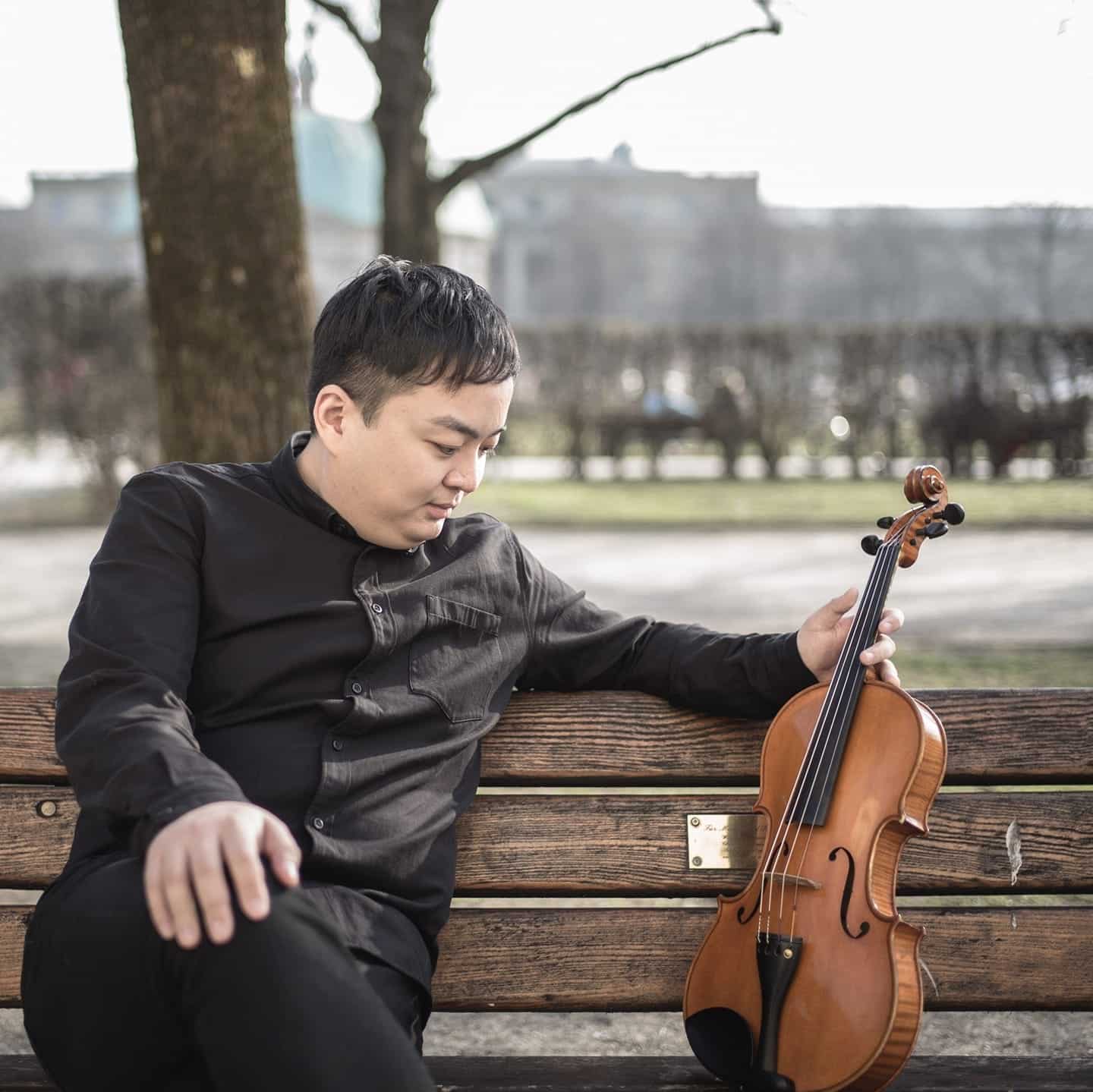Cellist: ‘Panic attacks made me an alcoholic’
UncategorizedRachael Lander, one of the subjects in a forthcoming documentary on addicts in symphony orchestras, writes with great candour on her early-morning vodka habit in the Guardian, here.

She adds: To admit this publicly may amount to professional suicide. However, I’m frustrated with the classical-music profession and the fact that stage fright is still a touchy subject, despite the huge pressures on musicians. My story is not unique. Many classical musicians struggle alone, masking their nerves with beta blockers and alcohol, ashamed, as I was. For some reason, it is more acceptable to admit frailty in the world of rock and pop.





My employer with serveral thousand employees in the UK offers a confidential helpline which is available to all employees. The only thing the employer ever gets to know is the number of calls, never any details on who is calling.
Surely such a helpline could be financed and offered by the UK orchestras.
I believe that the usual musical training – God help you if you make a mistake! – has plenty to do with stage fright and developing psychosomatic conditions made worse by stress. This becomes a self-perpetuating cycle as the least failure or perception of it makes it worse for the next time.
The saying goes: “You are only as good as your last concert.”
In a post recording age, that is, when musicians do not have to be note machines, so really can afford to sit back and enjoy their playing and that of others, children do not have to made into nervous wrecks while studying. These bad patterns persist into adulthood that are almost impossible to erase.
A case in point that I think is criminal, is seeing a young teenager go into mental agony before and while playing a Chopin Scherzo in a competition, made crazy by his teacher, the frowns of the judges and the unrelenting light bearing down on him and the piano.
Younger musicians feel a certain pressure because they feel like the current performance has the potential to affect their entire career.
Alcohol and beta blockers do work to stop the shakes. The trick is to use them (if necessary) only during the most crucial auditions or performances, not habitually.
Some musicians advise that nerves need to be channelled into a positive thing, or that breathing exercises help, or various other simple solutions; but people who say these things have never truly suffered from the physical and psychological effects of performance anxiety.
In the worst case scenario, months of practice can go down the drain because of physical shakes or mental anxiety.
I think she’s brave. And judging from her blog, a pretty amusing writer. The music industry forces talented and promising people into nasty dog-eat-dog competition (not only the kind that relates to playing well in performances or auditions, but also the backstage kind) and often the playing field is unlevel. I’m surprised so few others have come forward to discuss mental breakdown, addiction, etc.